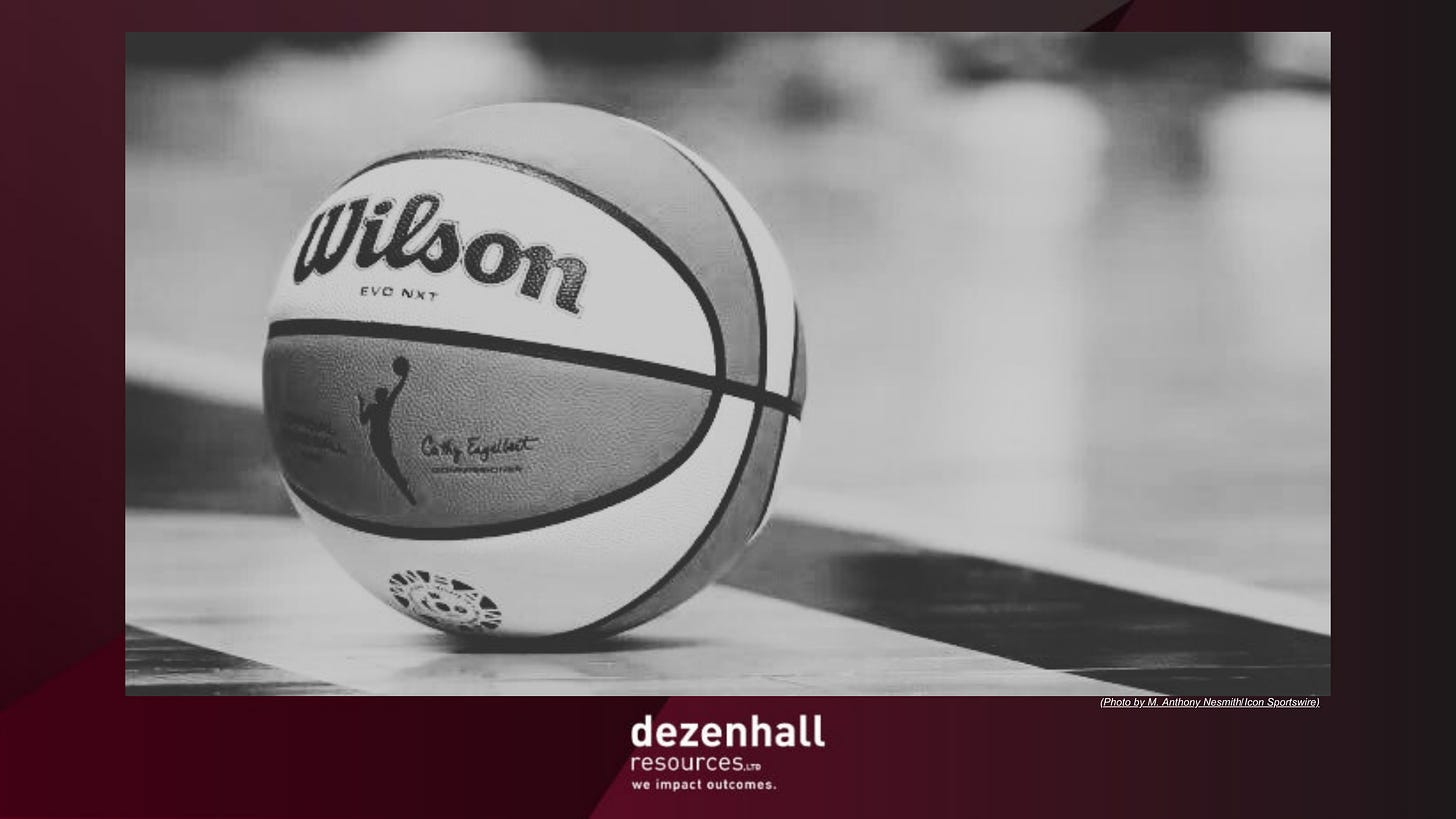Pity is Power in PR Wars
When I began writing novels in the 1990s, I studied the different types of stories that have been told throughout history. One of the most famous models is “Overcoming the Monster.” Think Disney films and Jaws. A shark terrorizes a beach community, and a brave but unsure police chief sets out on a high-seas adventure where he kills the beast. He returns to shore a battered but confident hero—no one roots for the Shark.
We’re seeing an inverted form of this play out in today’s struggles, whereby our antagonists purport to take on the monster not through strength but by convincing themselves and others they are weak to get the monster to pity them. We’re seeing this on the cultural left and right. On the left, we’ve got the oft-discussed campus invasion of protected identity groups and spaces free from hurt feelings. On the right, Donald Trump rode to office on a wave of rage from voters who were an American majority for centuries but were now facing a seismic loss of status – flag-waving white Americans who saw themselves becoming oppressed minorities under the thumb of immigrants, identity groups and transgender bathroom Brownshirts.
To each wing of the cultural spectrum, their viewpoints feel legitimate and their opposites’ seem absurd.
I care about this phenomenon because wearing the victim’s badge has become the key to winning hearts and minds, and I’m in that business. The issue is not that there aren’t really victims; it is that the rap of fragility has become a device for social entrepreneurs who want to procure an advantage. The movement has been called “woke.”
The modern version of this dogma started in earnest during the 1960s and 1970s with protests against civil rights atrocities, Vietnam and “the Establishment,” the latter now upgraded to “the 1%.” In the 1970s, a cool vibe grew like ivy around any shaggy soul who claimed to be taking on “the man” and was anywhere in the range of a peace sign (Somebody gave me a leather wristband with a peace sign on it when I was 10. I thought I was original when, in fact, I looked like everybody else, but stupider).
A friend bemoaned that “wokeness” is just trying to help “the most vulnerable people.” “Ah,” I said, “That’s where you’ve missed my point. Almost half of Americans believe they are victims of those who you believe to be the most vulnerable.” The point, of course, is not to debate here who is truly vulnerable but who has come to believe they have been beaten down and how they weaponize it. Nevertheless, wrote Bari Weiss, “The contradictions and moral bankruptcy of a worldview that spends years worrying about microaggressions and tone policing, but can’t decide what side it is on after the beheading of babies [after the Hamas attacks], aren’t exactly difficult to spot.”
Whenever my firm gets a new case, we first diagram perceived villains (our clients), their victims, and the “vindicators,” the activists, journalists and public officials who act as independent arbiters who enter the fray to help the victims. The challenge is that just because a player identifies as one of these archetypes doesn’t mean he is. During my career, I have seen an entire syndicate grow up around capturing the victim’s flag. This syndicate consists of plaintiffs’ lawyers providing the victims, activists and NGOs certifying the public hazard, and the media merchandising the spectacle to the public, courts and the government to seek rewards. It’s not a conspiracy. It’s symbiosis.
Yes, I get it: there are true victims, but I’m not talking about them; I’m talking about the racket of victimhood that surrounds the core. My firm worked on a legal case involving silicone breast implants years ago. The jury decided in favor of the plaintiffs. One juror said she didn’t know whether the implants caused the illness, but she knew the amount she helped award those poor people would change their lives. In other words, what mattered was not the evidence but whoever took emotional control of the jury through a tragic narrative.
This phenomenon has been playing out in the current war in the Middle East, one where I will admit a bias because I have relatives in Israel. Their children, strapped with semi-automatic weapons to go to the grocery store, are being called into battle in Gaza. One Israeli friend asked me how long I thought there would be empathy for Israel. I responded that there would be a direct and immediate correlation between when Israel attacks Hamas and outrage against the Israelis. Historically, Jews only get a bump in support in the immediate aftermath of their slaughter; when they show strength, they go from being a minority to an elite, and empathy evaporates.
Hamas is many things, but morons, they’re not. They know they’ve got thousands of years of history on their side. But now they’ve got something even better: social media and legacy media programmed to back whoever snatches the symbols of oppression. Complicating matters is that there are real innocent victims here. So, they merchandize tragedy and manufacture more.
Hamas’ use of human shields WORKS. It works because sane people are rightly distressed by the injuries and deaths of Palestinian innocents and are sparked to want the scalps of those who caused it — which could only be the Sharks, and no one roots for the Shark. It doesn’t take much to default to the Hebrews, given the long historical precedent of being seen as the sharks always looming beneath the black waves in the blockbuster of history.
The same media that falsely reported that an Israeli missile struck a Gaza hospital felt little pressure to retract it, and the same folks who posted the same on Instagram were loath to revisit it when proven wrong. Why? Because they believed no harm was done and no risk was taken, traducing a privileged colonial power that could “take it” as opposed to an unprotected tribe that couldn’t.
The Israelites have the knuckle-draggers on the right who love a good pogrom and the chin-scratchers on the left who have reframed them as an elite who could choose a “better way” to handle the mess but stubbornly refuse. Why do the Israelis always make it so hard… Indeed, some are easier to deal with than others. Still, there is a reason why novelist Saul Bellow called the Palestinian question “the world’s moral resort area,” and I now cut off anyone who wants to debate the subject with me because the conversation inevitably degenerates into a fusillade of but-but-but-buts that I’ve heard a million times.
Part of the thrill of flashing the victim’s badge is that it gives you the freedom to hate without guilt. If “tolerance” and “diversity” are the shibboleths of oppression, then whoever deploys these concepts must be incapable of hate. After all, hatred is the exclusive province of the 1 percent, the meanies. Dare I suggest that there can be something emotionally cleansing about hate? Sometimes you’re just not in the mood to split the difference and fall back on the mental mattress of spirited debate; you want to see somebody you despise fall screaming into an open sewer and emerge covered in the world’s crap.
I have cases on my desk where: #MeToo has been leveraged to get rival college applicants baselessly bounced from admission; manufacturers of “all natural” products capture market share by alleging mainstream companies are willfully injuring consumers, a slobbering media lapping it up, and products being destroyed because a trial lawyer was able to get a “good crier” on national TV.
I don’t expect to convince many people to question their archetypal notions of who is and isn’t a victim. These things are too deeply ingrained. Nevertheless, if you had the career I have had, you would see a pattern of PR victories accruing to whomever frames the most tragic narrative and might consider that there may be a new breed of shark swimming among us.


